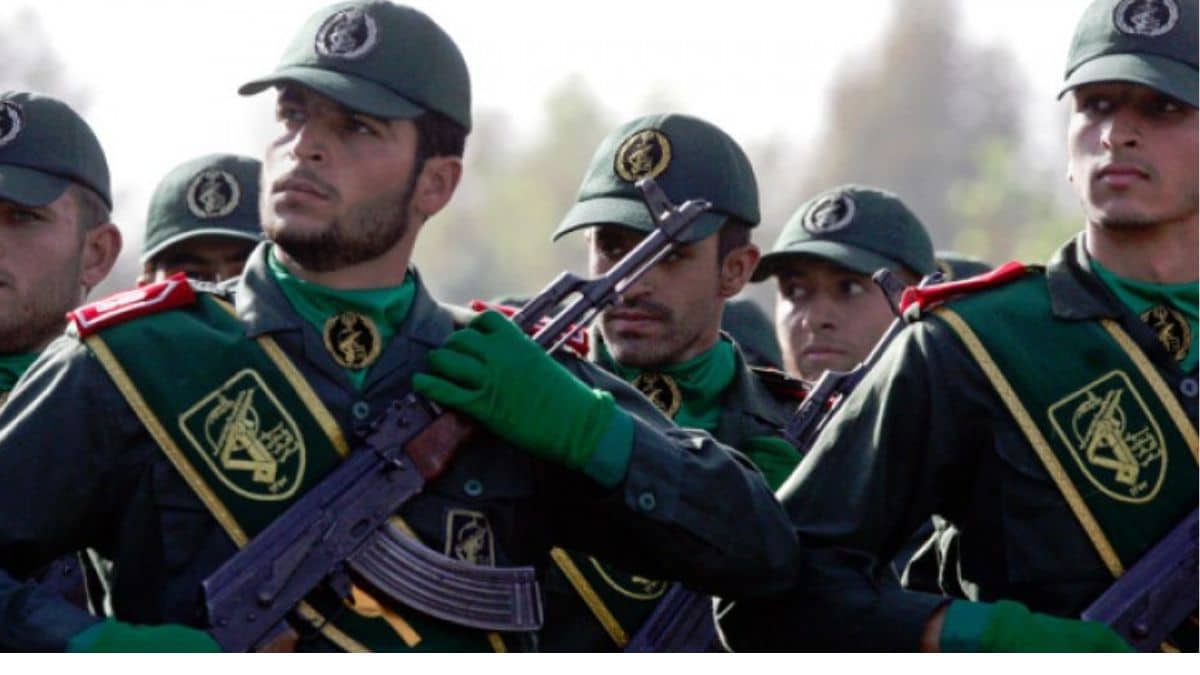A former member of the Islamic Revolutionary Guard Corps (IRGC) and current municipality employee in Iran’s troubled Sistan and Baluchestan province was fatally shot by unidentified assailants on Saturday. The victim, identified as Amin Azizi by the Haalvsh rights group, was attacked at his workplace and succumbed to his injuries.
This incident is part of a broader pattern of violence and unrest that has plagued the Sistan and Baluchestan regions, one of Iran’s most volatile provinces. The area has long been a hotbed of insurgent activities, ethnic tensions, and clashes between Iranian security forces and various militant groups. The province, which borders Pakistan and Afghanistan, is predominantly populated by the Baluchi ethnic minority, who have frequently complained of discrimination and neglect by the central government.
The assassination of Amin Azizi underscores the escalating insecurity in the region. While no group has yet claimed responsibility for the attack, the modus operandi is consistent with previous targeted killings carried out by insurgent groups operating in the area. These groups often target government officials and security personnel to undermine the state’s authority and to further their separatist or ideological agendas.
The Iranian government has responded to the unrest in Sistan and Baluchestan with a heavy hand, deploying additional security forces and conducting sweeping counterinsurgency operations. However, these measures have often been criticized by human rights organizations for their heavy-handedness and for exacerbating the grievances of the local population.
In recent months, the province has witnessed a surge in violent incidents, including attacks on security forces, bombings, and assassinations. The situation has been further complicated by the province’s strategic location, which makes it a critical transit point for drug trafficking and smuggling activities. The porous borders with Pakistan and Afghanistan provide militant groups with sanctuary and logistical support, complicating the efforts of Iranian authorities to stabilize the region.
The killing of Azizi is likely to heighten tensions and provoke further unrest in Sistan and Baluchestan. The Iranian authorities are expected to intensify their security measures in response to the assassination, which could lead to a cycle of violence and retaliation. This incident highlights the ongoing challenges the Iranian government faces in addressing the complex and deep-rooted issues in the province

